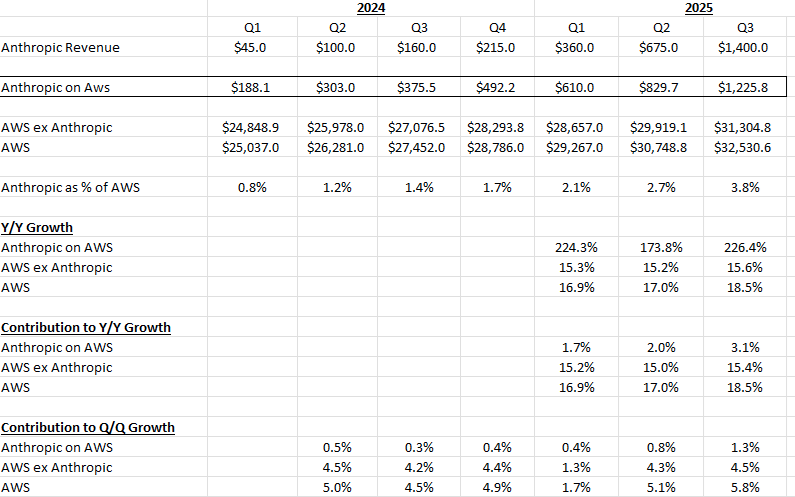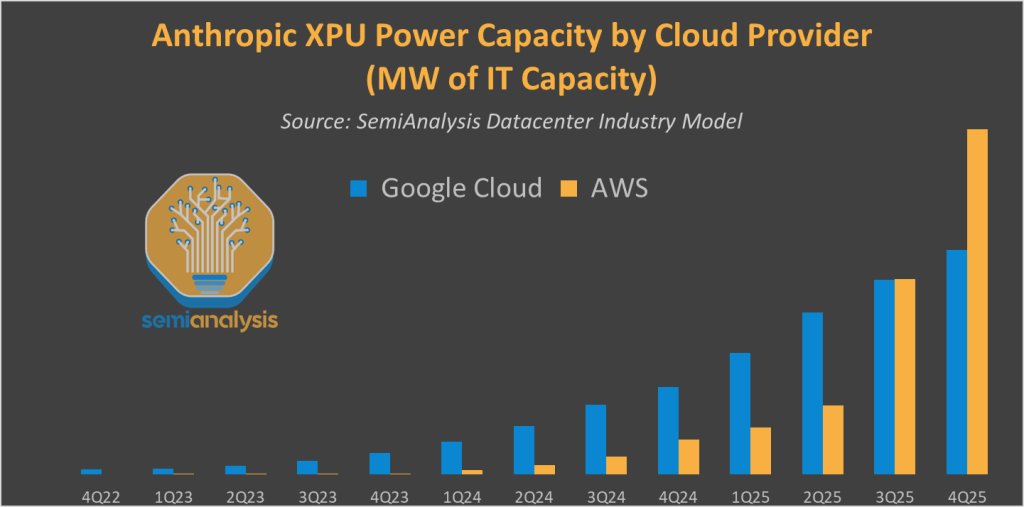The linked columns in this thread are all good. This cycle has been anything but "normal" and so historical frameworks prob aren't very useful. I agree rate cuts won't have the same impact they used to, but that's b/c the economy today has less embedded volatility than before.
https://twitter.com/bencasselman/status/1156905549553983488
The economy has been mostly rangebound the last 10 years, oscillating within a fairly tight band. With household credit growth muted, and the financial system overcapitalized, the usual amplifiers to cyclical shocks are less pronounced.
So yes, the housing market hasn't responded as aggressively to a drop in rates as before, and lower rates won't spur durable goods consumption or biz capex like before, but the downside to those items in a recession also is probably less than before.
• • •
Missing some Tweet in this thread? You can try to
force a refresh


























